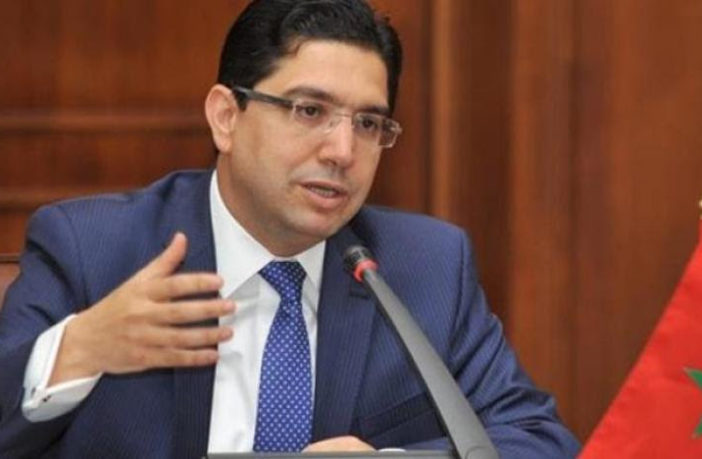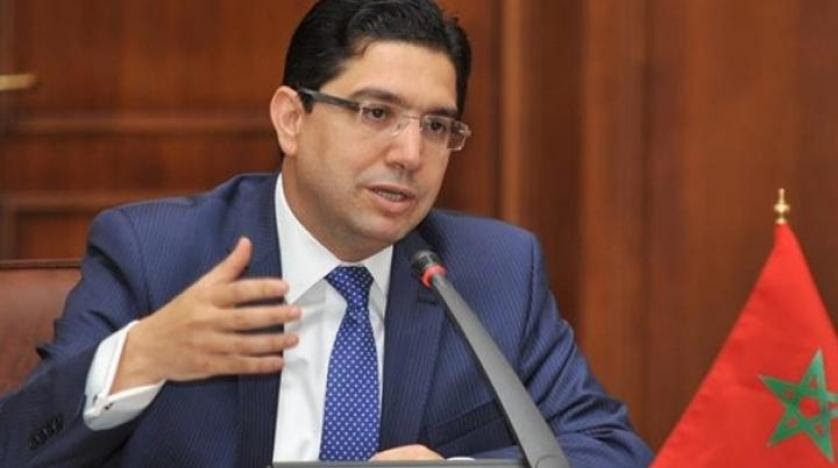Asharq al awsat
The African Union’s Peace and Security Council on Friday named Morocco to become one of its official members.
Moroccan Foreign Minister Nasser Bourita described the Peace and Security Council as a pivotal organ of the African Union.
After returning to the AU a year ago, joining the council was one of the major objectives of Moroccan diplomacy, Bourita told Asharq Al-Awsat on Friday.
Morocco, which was North Africa’s sole candidate (Algeria, currently occupying the seat, had announced, earlier this month, that it would not run for renewal), was elected with 39 voices in favor and 16 abstentions, more than the 3/2 needed to secure the regional seat in AU’s Peace and Security Council.
The Peace and Security Council is AU’s body in charge of promoting “peace, security, and stability in Africa.”
Today’s election grants Morocco a two-year mandate (2018-2020), which is renewable should the Kingdom decide to run again in 2020.
“Being a member in this body will aid in blocking all maneuvers and confronting all strategies that for years wished to exploit this body and use it in the service of agendas known to some parties,” Bourita added.
On the other hand, Bourita told Asharq Al-Awsat that the agenda of the AU summit in Addis Ababa includes a report to be submitted by Morocco’s King Mohammed VI to African leaders on the issue of migration. The Moroccan monarch will be represented at the Addis Ababa summit by Prime Minister Saadeddine Othmani.
“Morocco, in addition to its strong presence in peacekeeping operations, is strongly involved in conflict resolution and preventive diplomacy through the King’s communications delegations and humanitarian operations, as well as contributing to the development of African countries,” Bourita said.
“All these factors weighed in on its election for membership of the Peace and Security Council, despite all the apparent attempts to block this nomination.”
“Some countries tried to block Morocco’s election, but its fate was a failure because the credibility of the kingdom and the recognition of the work of His Majesty the King were dominant,” Bourita said.








